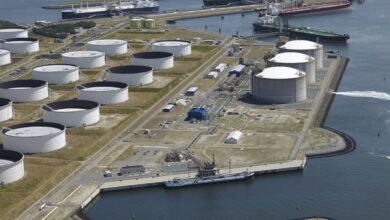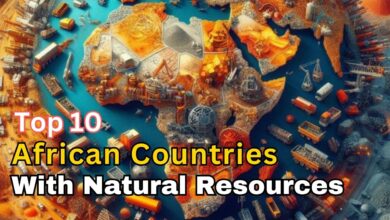Africa’s Untapped Nuclear Energy Resources
Powering the Continent’s Future

Africa’s Untapped Nuclear Energy represents one of the continent’s greatest opportunities to solve its growing electricity crisis. As Africa’s population expands rapidly and more people connect to national power grids, energy demand continues to skyrocket. To meet this demand sustainably, many African nations are now exploring nuclear power as a clean, reliable, and scalable solution.
At present, only South Africa operates a commercial nuclear power plant, but dozens of other African countries are actively considering or planning to harness Africa’s untapped nuclear energy potential.
Rising Demand for Energy in Africa
Africa’s population is projected to double by 2050, according to the United Nations. This demographic boom will significantly increase electricity needs as more households, industries, and cities demand access to reliable power.
Energy is not just a matter of comfort it is the foundation of economic growth. Without electricity, millions remain trapped in poverty, unable to access modern jobs, education, or digital opportunities. For Africa to industrialize successfully, a consistent and sustainable energy mix is essential.
This is where Africa’s untapped nuclear energy comes in. Nuclear power plants provide large-scale, low-carbon electricity, unlike solar or wind, which are often disrupted by weather conditions.
South Africa: A Model for Nuclear Energy in Africa
Currently, South Africa is the only African nation with a fully operational nuclear facility. The Koeberg Nuclear Power Plant near Cape Town has been providing clean, safe, and reliable energy for decades.
Encouraged by this success, nearly 30 African nations have expressed interest in developing nuclear power programs. South Africa itself plans to expand its nuclear capacity by 2,500 megawatts, underscoring the continent’s commitment to exploring nuclear technology as part of its energy mix. The momentum clearly shows that Africa’s untapped nuclear energy is no longer just theoretical it is becoming a practical solution to rising demand.
Also Read: Human Capital Investment’ The Future Of Africa
Why Nuclear Energy Is a Clean and Reliable Option
One of the strongest arguments for Africa’s untapped nuclear energy is its reliability. Unlike solar, wind, or hydropower, nuclear energy is not dependent on weather or seasonal rainfall.
- Solar and wind can provide clean power but often fall short in meeting the demands of large urban centers.
- Hydropower is significant in Africa but remains highly vulnerable to droughts and climate change.
- Nuclear energy, however, provides a constant and stable supply of electricity, day and night, rain or shine.
This reliability makes nuclear energy uniquely suited for Africa’s rapidly urbanizing population. As sub-Saharan Africa experiences some of the highest urbanization rates globally, nuclear power could be the backbone of city infrastructure and industrial growth.
Africa’s Untapped Nuclear Energy Potential
The benefits of nuclear energy go far beyond electricity generation. By tapping into Africa’s untapped nuclear energy resources, nations can:
- Provide stable power for industrialization and digital transformation.
- Create thousands of skilled jobs in nuclear engineering, safety, and plant operations.
- Strengthen energy independence by reducing reliance on imported fossil fuels.
- Contribute to global climate change goals by cutting carbon emissions.
For millions of Africans, consistent electricity access could break the cycle of poverty, enabling access to online education, remote work, and modern healthcare systems.
Also Read: Oil Fields And List Of Oil Fields In Africa
Conclusion
Africa’s untapped nuclear energy represents one of the continent’s most powerful tools for sustainable development. While South Africa leads the way with its existing plant, dozens of nations are preparing to follow. As populations grow, cities expand, and industries demand more power, nuclear energy offers a clean, reliable, and scalable solution for Africa’s future.
Harnessing this potential requires investment, safety measures, and international cooperation, but the rewards economic growth, poverty reduction, and energy security make it a challenge worth pursuing.





